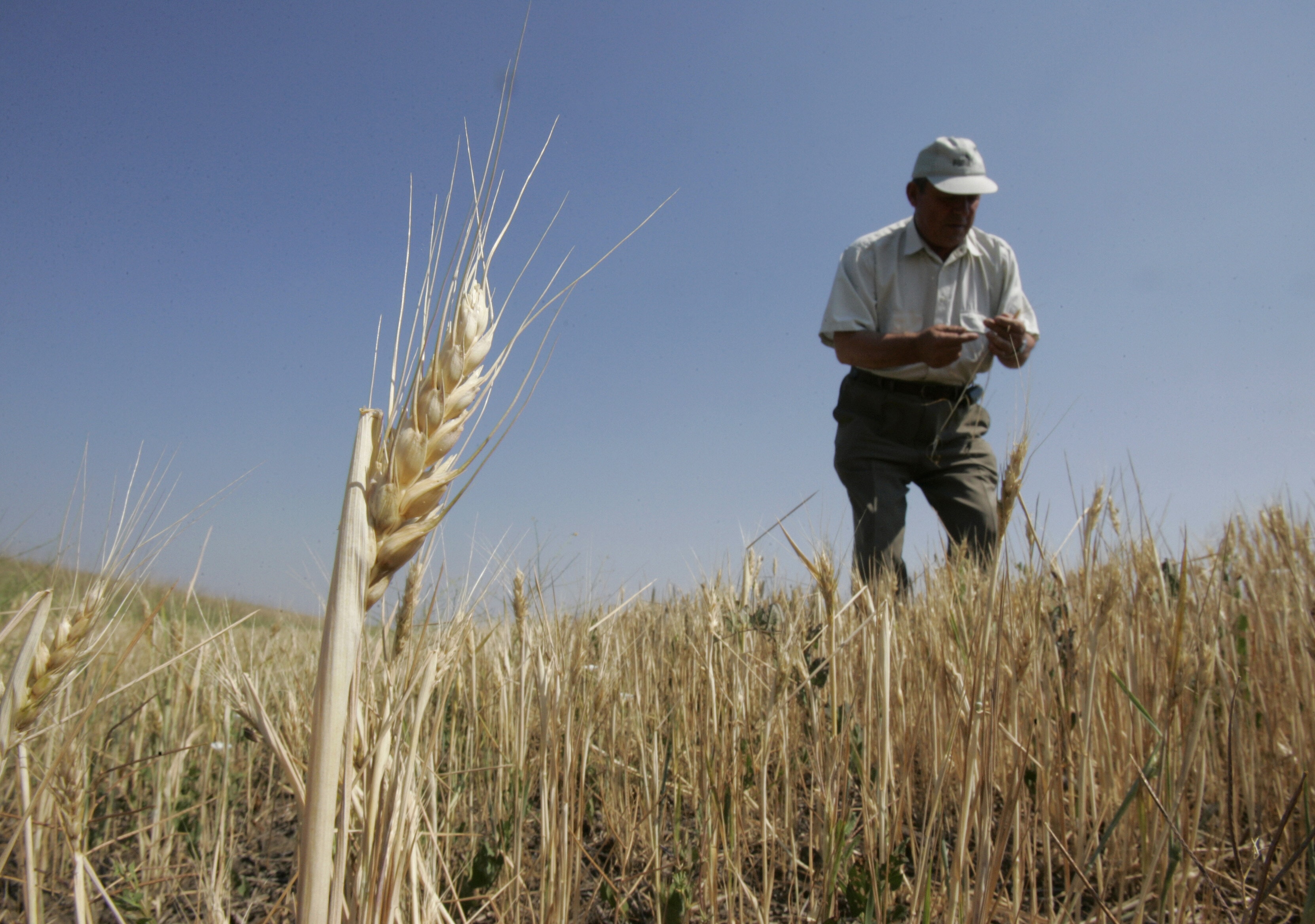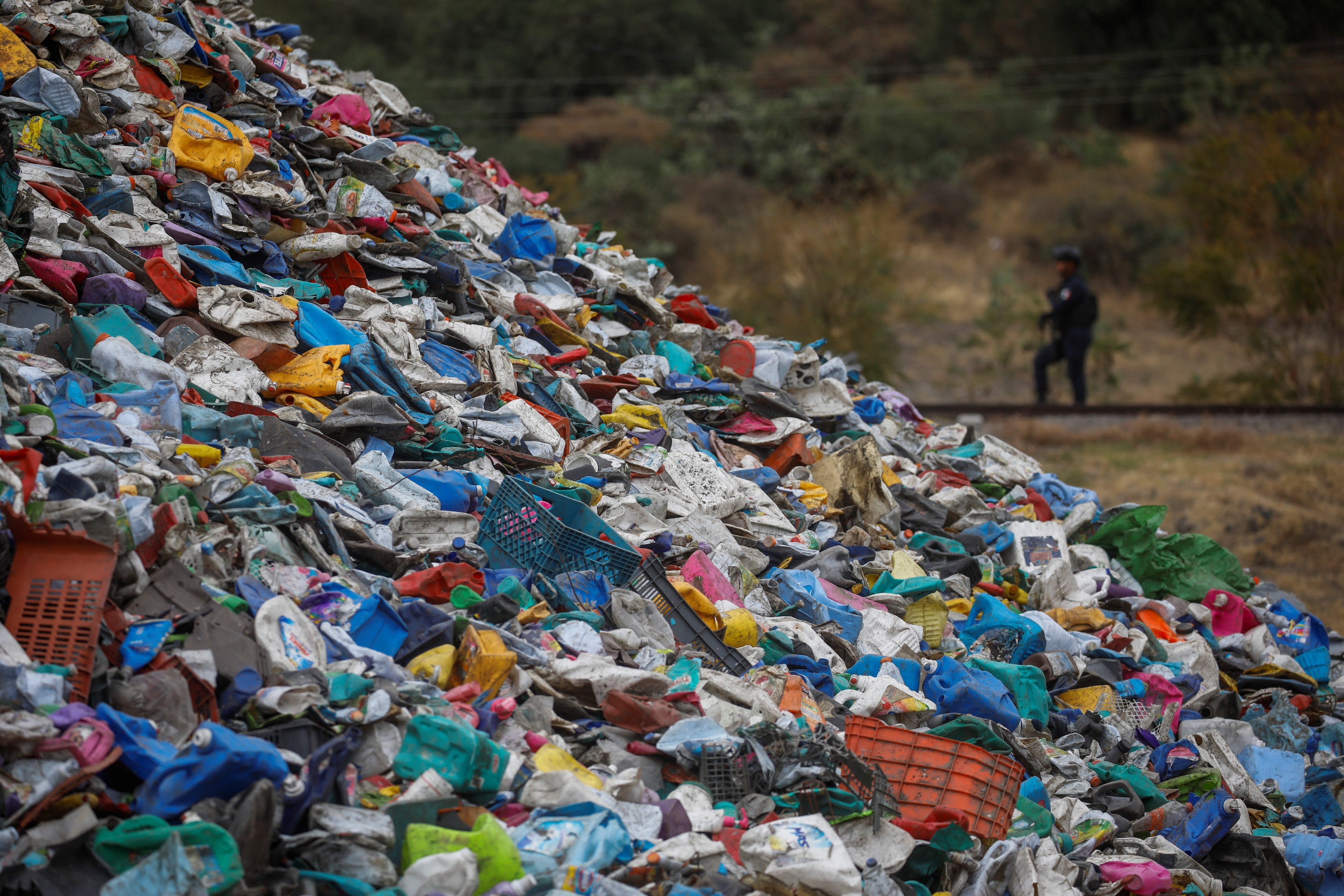Why countries need to count their ‘outsourced’ emissions

Stay up to date:
Future of the Environment
Just because a country meets its emissions-reduction targets doesn’t mean it isn’t responsible for increased emissions elsewhere.
This isn’t as weird as it sounds. The way national targets are calculated means some countries effectively “outsource” their emissions to other regions. If countries such as the UK don’t include the global emissions impact of their economy they run the risk of believing they are staving off climate change when they are not.
Securing a “comprehensive, rules-based agreement” in Paris later this year is apparently one of the new UK government’s three priorities for energy and climate change – and this would no doubt include emissions targets. Such targets were also a key aspect of the previous coalition government’s intention to be the “greenest-ever”. It pledged to cut central government greenhouse gas emissions by 10% in the first year and to push Europe to increase the EU emission-reduction target to 30% by 2020.
Greenhouse gas emissions are usually considered in terms of those emitted within national boundaries; for example by cars and industries. These “territorial emissions” are the basis of national commitments and governments can influence them through taxes or regulations on emissions.
In the UK, the general trend is towards a reduction in these territorial emissions, though it’s tough to say exactly what has happened over the past three years as there is a bit of a lag before annual statistics can be reported.

Territorial and Consumption Basis GHG, UK 1997– 2012
DECC final emissions estimates (updated March 2015); Defra consumption emissions March 2015
However, it is instructive to take a wider perspective. Rather than considering the emissions that occur within the UK’s borders, we could think in terms of the emissions that are given off in the process of providing the goods and services enjoyed by its citizens.
Global problems need global targets
This “consumption-based” perspective looks at the whole life cycle of products consumed in a nation and reveals that supporting British lifestyles actually causes the emission of far more greenhouse gases than those emitted in the UK alone. This is because the UK’s imported goods require, on average, more greenhouse gases to be emitted during their production than the goods it exports. While goods and services are imported, emissions are effectively “outsourced” to other nations.
This matters because greenhouse gas emissions have a global impact – the UK will be affected just as much by one tonne of carbon emitted in Shanghai as Sheffield. The UK has developed and signed up to a number of strategies and targets to reduce emissions, most notably the Climate Change Act which legally obliges an 80% reduction in greenhouse gas emissions by 2050. However unless emissions are addressed on a global scale, we run the risk of frustrating the purpose of these strategies by shifting the burden from our shores to others.
Looking at emissions based on consumption also gives us a clearer picture of which goods and services actually “drive” greenhouse gas pollution. It’s often not the processes directly responsible for the emissions.
Steel, for example, requires lots of emissions to manufacture. But steel isn’t an end product – no one buys steel simply to own some metal. Rather demand for the alloy is driven by our demand for cars, white goods or buildings. This also applies to services; for example, the healthcare that we benefit from produces minimal emissions directly but relies on goods and services that result in far greater “upstream” emissions. We need to think in a more life cycle way in order to ensure we count impact effectively.

Comparing emissions from each sector in the UK to those emitted to satisfy consumption of different goods and services.
Analysis based upon WIOD
This presents us with an opportunity. By reducing consumption of these goods and services and by making environmentally sound choices, we can have a far greater effect on global emissions.
This can be seen clearly in the first chart above; between 2007 and 2009, the UK’s consumption-based emissions reduced far more dramatically than its territorial emissions have at any other time. This was, of course, due to the recession reducing imports of goods but these emissions remained at the lower level throughout 2010 and 2011. Reduced consumer confidence and deferrals in infrastructure investment will have played their part but the possibility of lower consumption-based emissions has been demonstrated and so there is the tantalising possibility of this lower emissions level persisting.
If so, this somewhat unintentional effect may turn out to be the most significant “green” achievement over this last government’s term. The challenge will be continuing this in the context of a stronger economy.
![]() This article is published in collaboration with The Conversation. Read the original article.. Publication does not imply endorsement of views by the World Economic Forum.
This article is published in collaboration with The Conversation. Read the original article.. Publication does not imply endorsement of views by the World Economic Forum.
To keep up with the Agenda subscribe to our weekly newsletter.
Author: Marcelle McManus is Senior Lecturer in Mechanical Engineering at University of Bath. Sam Cooper is Research Associate in Mechanical Engineering at University of Bath.
Image: Steam billowing from the cooling towers of Vattenfall’s Jaenschwalde brown coal power station is reflected in the water of a lake near Cottbus, eastern Germany. REUTERS/Pawel Kopczynski
Don't miss any update on this topic
Create a free account and access your personalized content collection with our latest publications and analyses.
License and Republishing
World Economic Forum articles may be republished in accordance with the Creative Commons Attribution-NonCommercial-NoDerivatives 4.0 International Public License, and in accordance with our Terms of Use.
The views expressed in this article are those of the author alone and not the World Economic Forum.
Forum Stories newsletter
Bringing you weekly curated insights and analysis on the global issues that matter.
More on Nature and BiodiversitySee all
Tom Crowfoot
August 14, 2025
James Balzer
August 14, 2025
Tom Crowfoot
August 12, 2025
Pedro Gomez and Clemence Schmid
August 6, 2025
Tom Crowfoot
August 5, 2025




